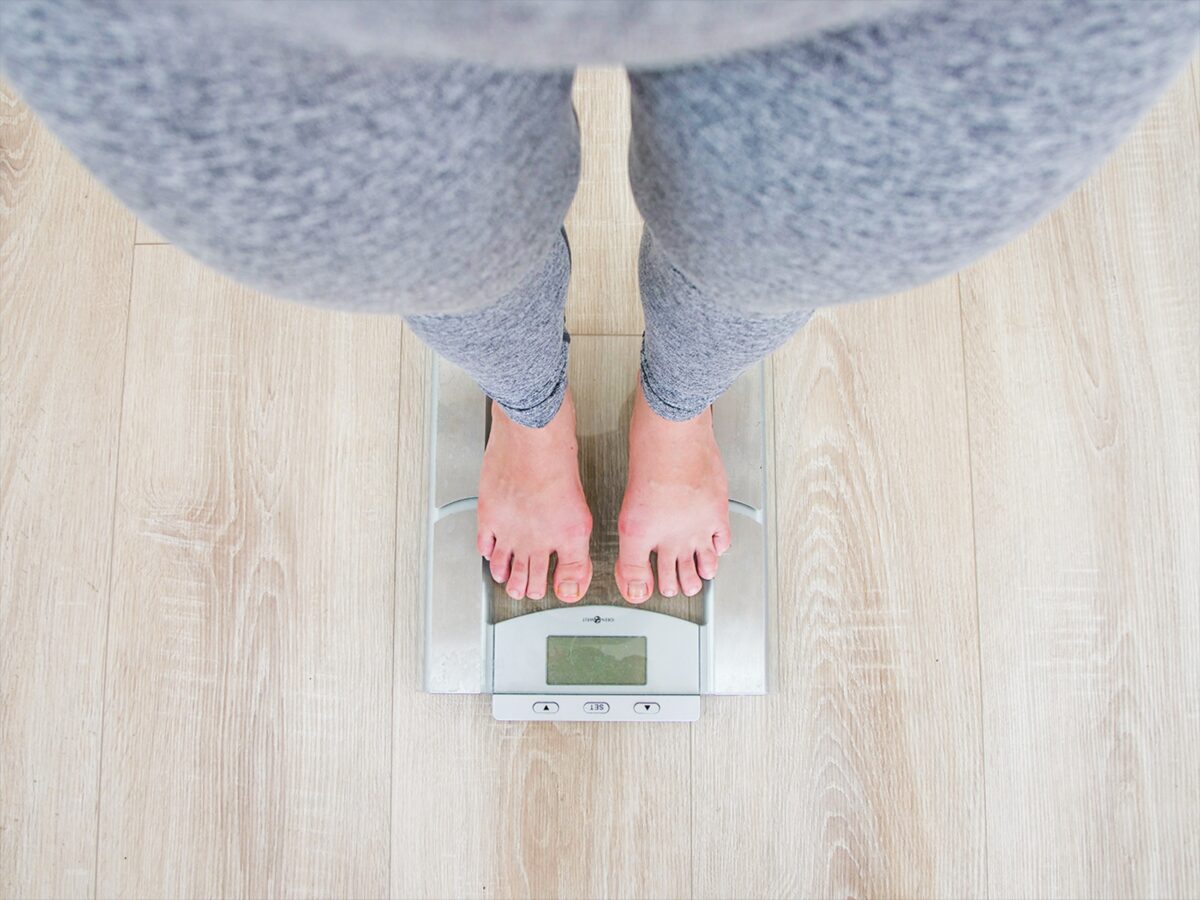SHARE
Tracking your weight can be frustrating, especially if you have more than a few pounds to lose. Besides, body weight can fluctuate by a few pounds a day, making it even more frustrating!
When you’re thirsty, your body panics and retains water, causing
you to weigh more. When you’re adequately hydrated, your body drops the water
weight causing you to weigh less.
Although these small fluctuations in weight don’t matter in the long term, it can mess with your motivation.
Fat Loss Not Weight Loss
Muscle weighs more than fat but takes up less space. That’s why two people can weigh the same but look different.
By focusing on replacing fat with muscle you can lose inches around your belly, arms, thigh, and hips without losing a single pound on the scale. This is known as body recomposition. You can end up with a completely different ratio of fat to muscle, which is good news if you’re trying to lose weight.
The more muscle mass you have, the faster your metabolism. Therefore, you will burn more calories, which speeds up fat loss.
But please don’t obsess over the number on the scale if you want to build muscle. It’s so easy to panic when that number goes up even if you look leaner in the mirror!
Body Recomposition
Body recomposition is simply the process of replacing body fat with muscle, which is achieved by aerobic and anaerobic training.
Spending endless hours on the treadmill might help you lose body fat but it does very little for muscle growth. You need to combine running, or some other form of aerobic activity, with weight training for body recomposition to take place.
Start with light weights you can manage easily while learning proper form. It helps to have a trainer when first starting to ensure correct technique and avoid injury. Once you’ve gotten the hang of it, start challenging yourself by lifting just a little bit heavier each time.
Nutrition plays a BIG part in building muscle mass. You need between 0.5 and 0.8 grams of protein per pound of
Lastly, instead of weighing yourself every day or week, consider twice a month. Get a scale that measures body fat percentage and muscle mass, and don’t be afraid to look for professional advice if you’re not getting the results you’re expecting.

